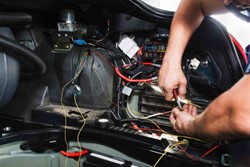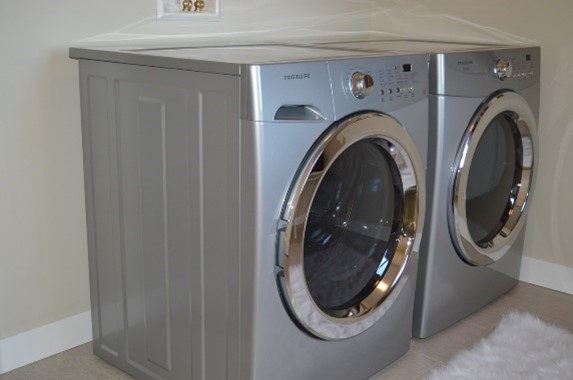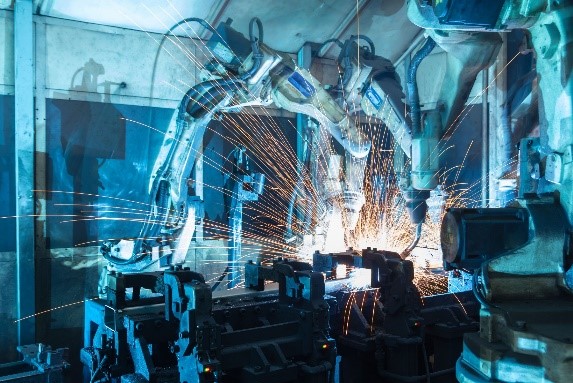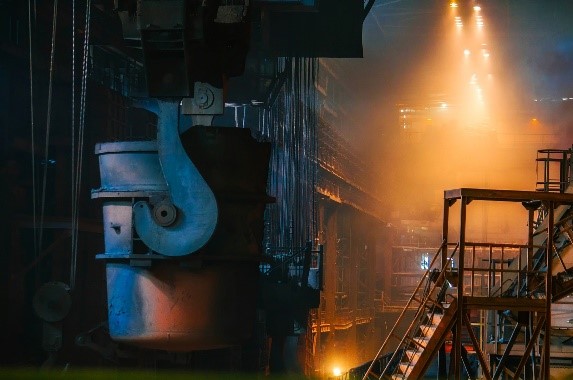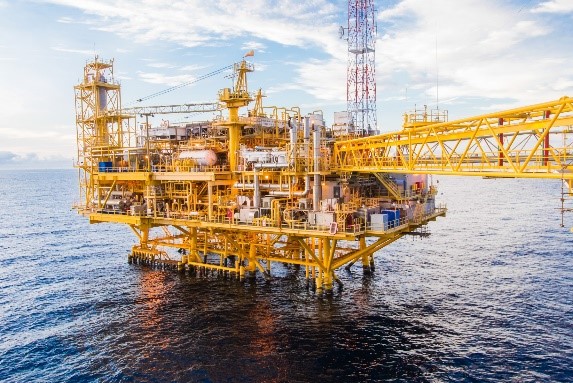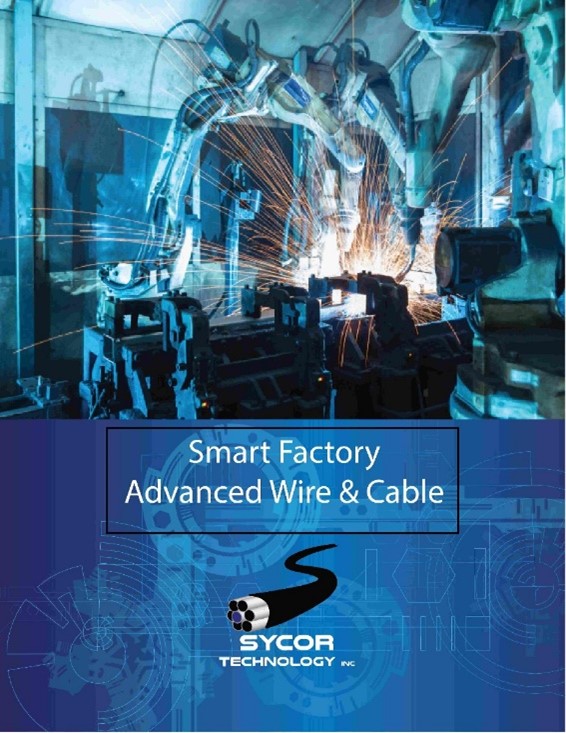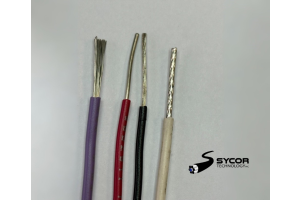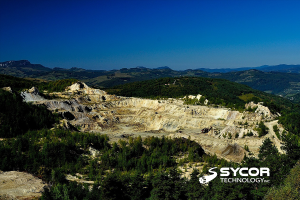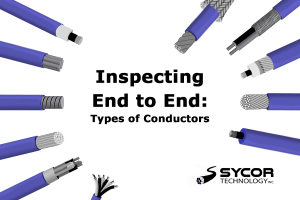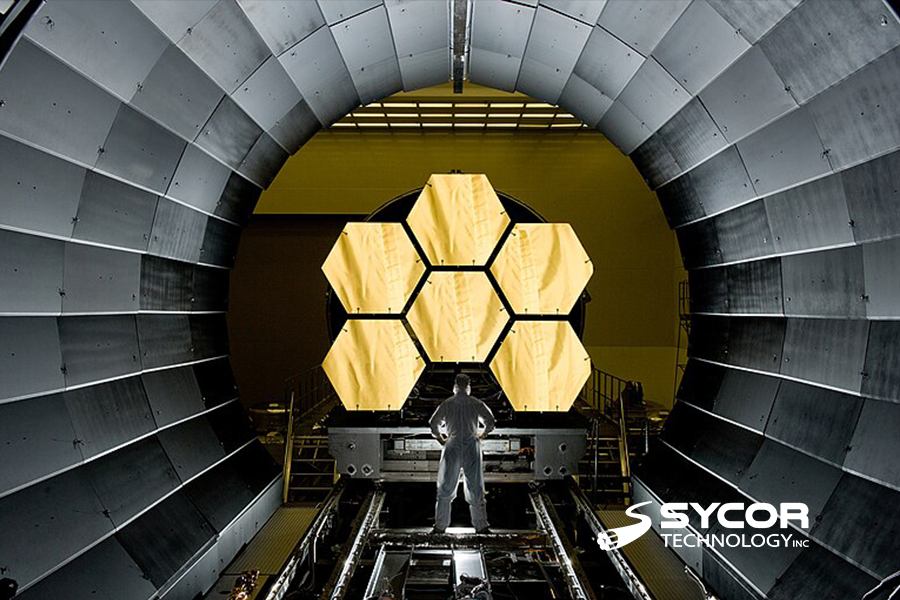
High-Temperature Wire & Cable
In the last decade, there have been more technological innovations and discoveries than ever before. In order to keep up with these new discoveries manufacturing processes must consistently be redesigned for optimal efficiency. It has gotten to the point where extreme safety measures must be put in place in order for specific operations to continue legally. This is where high-temperature wire thrives, while most other wire and cable products begin to break down around 90°C or 105°C; our team's high-temperature wire has a minimum resistance of 150°C. The high-temperature wire and cable family consists of many different types of Silicone and Teflon products with temperature ratings of 200°C, 250°C, 400°C and 450°C.
With temperatures ranging from 150°C to 1350°C, our team can provide a reliable wire and cable solution for almost every temperature-dependent application you may have. With a massive temperature range and a variety of solutions, our high-temperature cables are able to serve a wide range of markets:
|
Automotive |
Heating appliances |
|
Robotics |
Industrial manufacturing |
|
Medical |
Oil & Gas |
|
Aerospace or Space |
Most Popular High-Temperature Wire
Silicone High-Temperature Wire |
Teflon High-Temperature Wire |
|
TGGT (UL 5288) - Teflon Glass Glass Teflon |
|
|
TCGT (UL 5127) - Teflon Glass Glass Teflon |
|
|
|
|
|
|
|
|
Braidless Silicone Fixture UL 3212, 3213, 3214 |
|
|
|
|
High-Temperature Wire Considerations
Each material used in high-temperature wire provides different attributes, which determines exactly how much temperature each product is able to handle. Our team specializes in high-temperature wire and stocks 15 different models that excel in different environments and industries we serve. If you’re looking for extreme temperatures above 400°C, go check out our thermocouple high-temperature wire, which has temperature ratings of −200°C to +1350°C. Sycor’s high-temperature wires provide solutions to all applications, no matter the level of difficulty.
Two important facts to consider when deciding on a high-temperature wire is the temperature range and the ampacity. The temperature rating is exactly what it sounds like and is defined as the maximum continuous temperature a specific wire can withstand during its expected lifetime. Ampacity is the maximum current an insulated conductor can safely carry without exceeding its insulation and jacket temperature limitations. Both of these factors are crucial when choosing the right high-temperature wire for your application.
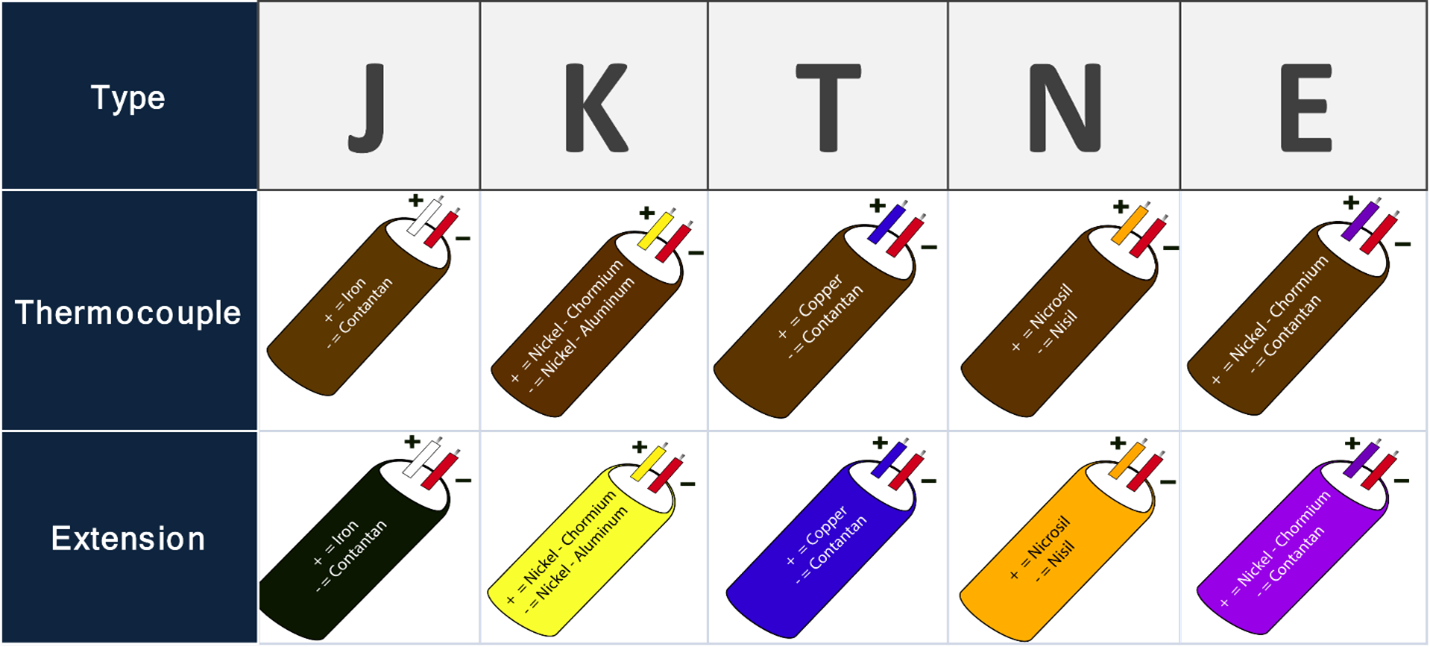
High-Temperature Thermocouple Cable
|
Type J Thermocouple (Iron / Constantan): The type J thermocouple is very common but has a more restricted range than the others reaching temperature limits ranging from -40°C to 760°C. Type J thermocouple is a cost-effective choice that although isn’t as strong as other alternatives, is still continuously reliable. |
|
Type K Thermocouple (Nickel-Chromium / Nickel-Alumel): The type K is a very common type of thermocouple. The Type K thermocouple is more accurate and reliable than Type J, as the temperature range is much wider. Type K thermocouple is very reliable and has a very wide temperature range of −200°C to +1350°C. |
|
Type T Thermocouple (Copper / Constantan): The Type T thermocouple is very stable and has a temperature range of −200°C to +350°C. Type T is often used in cryogenics and ultra-low freezers usually located in laboratories, because of its ability to operate in extremely low temperatures. |
|
Type N Thermocouple (Nicrosil / Nisil): The Type N has very similar accuracy and temperature limits as Type K. The type N thermocouple has overall better performance and better repeatability than Type K, thus making it slightly more expensive for its operating temperature of −270°C to +1300°C. |
|
Type E Thermocouple (Nickel-Chromium / Constantan): The Type E thermocouple is able to handle stronger signals and higher accuracy than previous Types J or K. This specific grade can be used for testing heating appliance safety, for temperature ranges between −50°C to +740°C and an extremely accurate range between −50°C to +140°C. |
What is the difference between thermocouple wire & extension wire?
Extension-grade wire is a lower grade, cost-effective choice. It is applied by extending from the thermocouple probe to the instrument receiving the signal, where the user can then visually see the results. The Extension wire also has a lower temperature range in which the wire can be used effectively.
Feel Free to check out our brochure for more information about High-Temperature Wire
For more information about us:
Call Toll Free - 1.800.268.9444 or Email Us - [email protected]

